Minimum Wage Debate Intensifies as California Fast Food Workers Demand Another Raise
California’s minimum wage debate is heating up again as fast food workers demand another raise.
Just four months after the minimum wage was boosted to $20 an hour, the union representing these workers is pushing for a further increase to $20.70 by January 1, 2025.
The Fast Food Council's Role
The newly formed Fast Food Council, consisting of government appointees, industry representatives, and worker representatives, plays a crucial role in this debate. Its first meeting, held recently, was marked by the union’s presentation of their demands.

Source: Freepik
This council is tasked with setting standards for the industry, including pay rates and working conditions.
Union's Wage Increase Proposal
The California Fast Food Workers Union, part of the SEIU, is at the forefront of this push for higher wages. In a memo sent to KTLA 5 News, the SEIU highlighted the need to raise the minimum wage to $20.70 per hour to keep up with the rising cost of living.

Source: iStock
The union argues that current wages are insufficient for workers to meet their basic needs.
Additional Demands by the Union
Beyond wage increases, the union is also calling for more stable work schedules, enforcement of backpay owed, and investigations into underreported abuses in the industry.

Source: Freepik
These abuses include wage theft, harassment, discrimination, and unsafe working conditions, which the union says are prevalent in the fast food sector.
Impact of Assembly Bill 1228
The debate is intensified by the recent implementation of Assembly Bill 1228, which mandated the initial wage hike. Trade groups and political pundits argue that the bill has led to job losses and restaurant closures.

Source: Freepik
However, the SEIU and Governor Gavin Newsom’s office point to data showing that the industry added thousands of jobs in the months following the wage increase.
Workers’ Perspectives
Fast food workers like Romualda Alcazar Cruz from Oakland have welcomed the wage increase.

Source: RDNE Stock project/Pexels
“It’s been really good because I can put more food on the table and in my fridge and pay my rent on time which was always a challenge,” Cruz shared. Workers appreciate the financial relief that higher wages have provided.
Industry's Response to Wage Hike
While employees are benefiting from higher wages, franchisees and industry representatives express concerns about the financial burden.
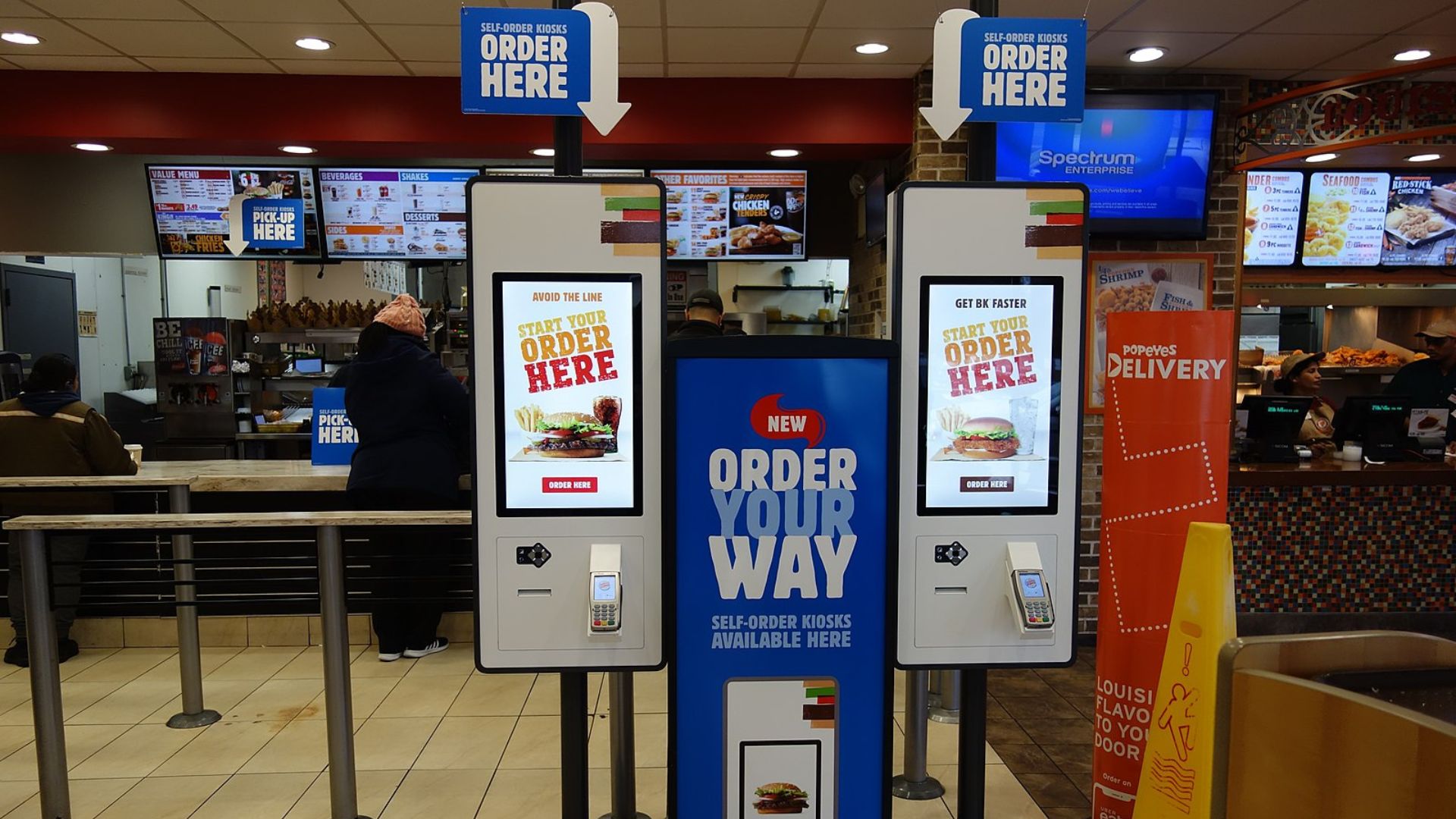
Source: Wikimedia Commons
An Arby’s franchisee mentioned being forced to raise prices and even dip into personal savings to keep the business afloat. This sentiment is echoed by many in the industry facing similar challenges.
Rising Costs and Menu Prices
Customers have noticed an increase in fast food prices, with most major chains raising their menu prices by single or low double digits.
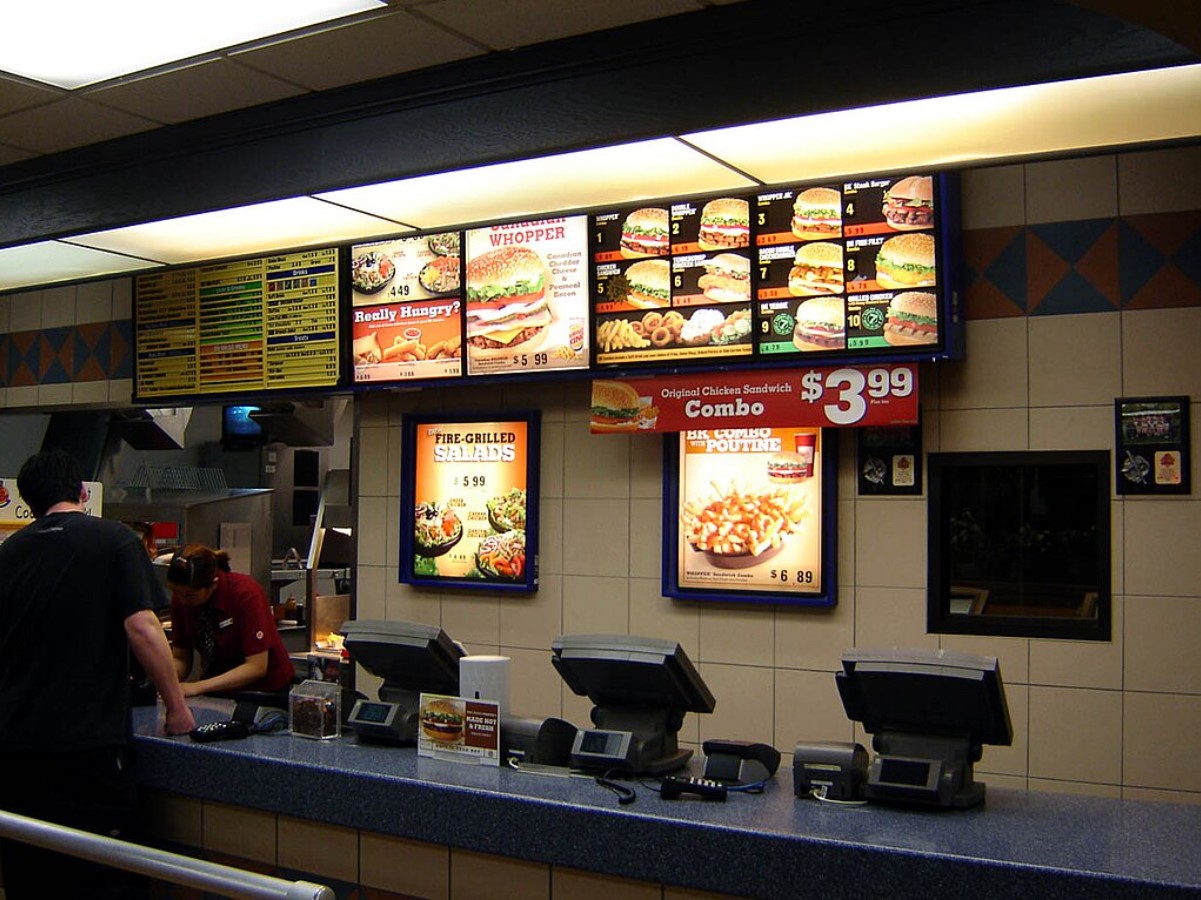
Source: Wikimedia
Franchisees are also cutting back on employee hours or scheduling fewer shifts to manage the increased labor costs, impacting both workers and customers.
Mixed Data on Job Growth
Despite concerns, data from April to June 2024 show the fast food industry added thousands of jobs.

Source: Wikimedia
Joseph Bryant, SEIU’s executive vice president, noted that higher wages are attracting better job candidates, thus reducing turnover.
Challenges for Franchisees
Franchisees are not only dealing with higher labor costs but also rising rents and food prices.
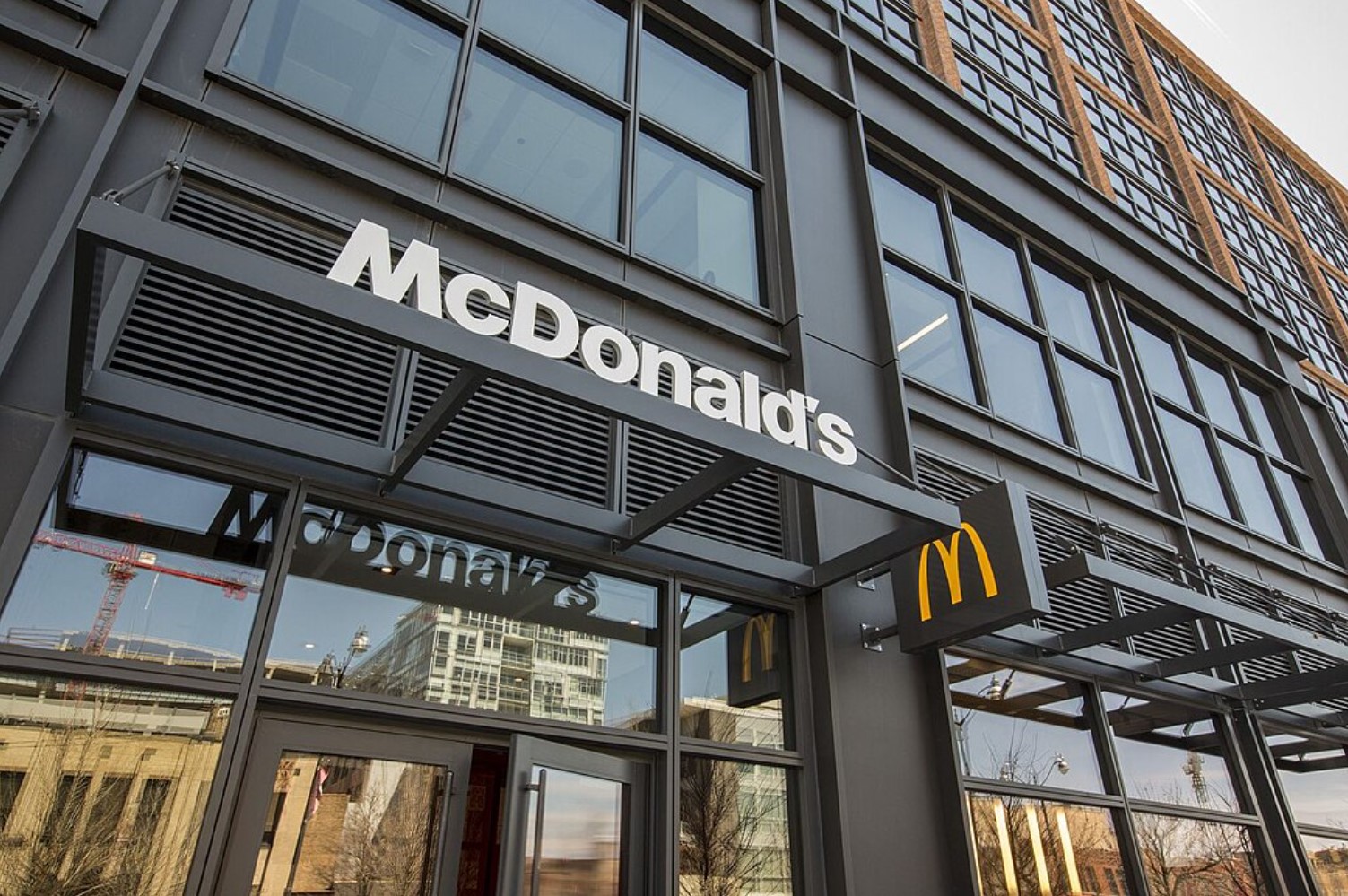
Source: Wikimedia
Jot Condie, president of the California Restaurant Association, stated that businesses with thin margins have few options beyond increasing prices, reducing hours, or scaling back their workforce to cope with these rising costs.
Future of the Wage Increase Proposal
The Fast Food Council is not expected to meet again until September, leaving the future of the SEIU’s wage increase proposal uncertain.
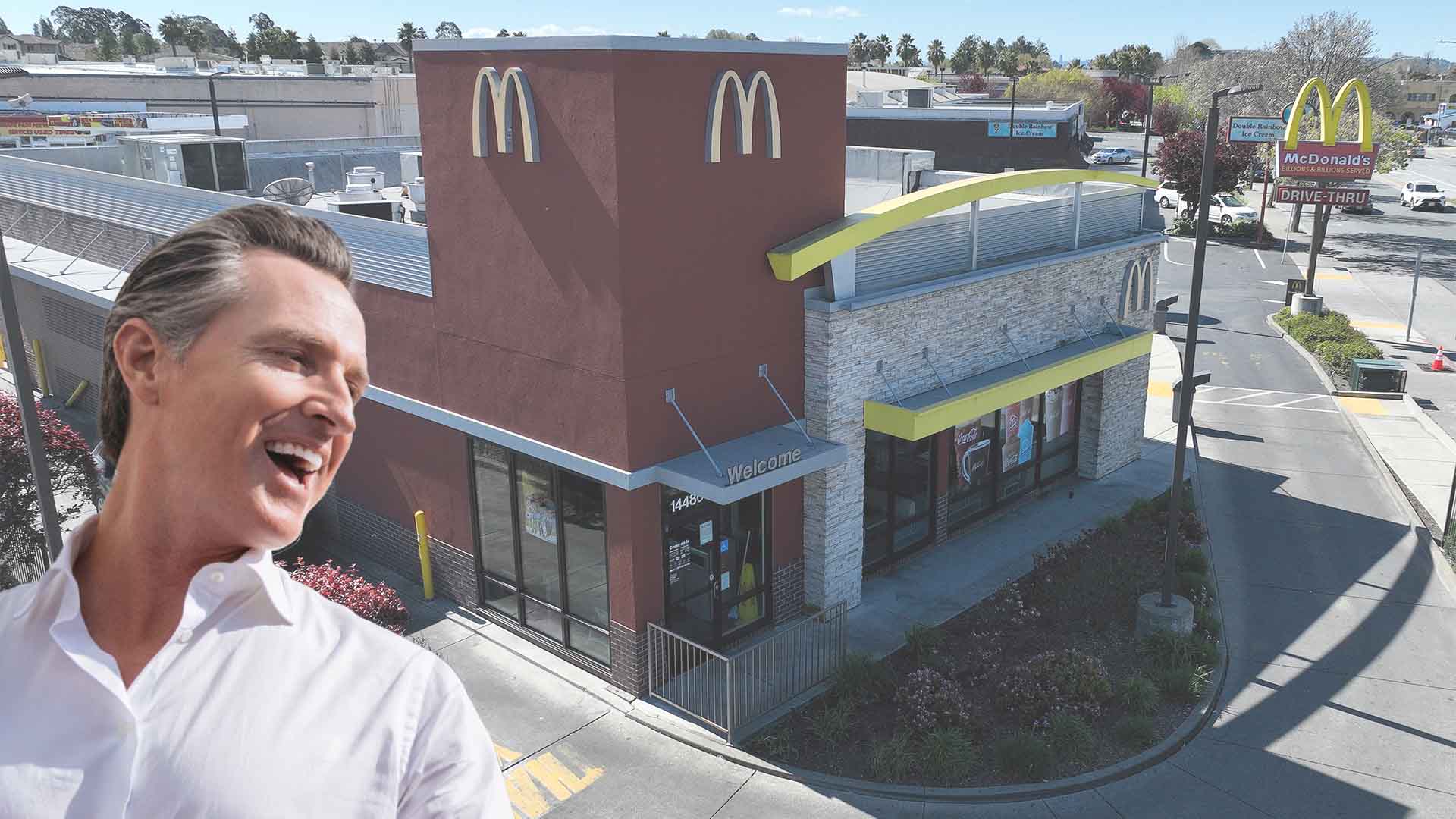
Source: Justin Sullivan/Getty Images; Gavin Newsom
The upcoming discussions will likely focus on balancing the needs of workers for fair pay with the operational challenges faced by franchisees and the broader industry.
Next Steps
As California’s minimum wage debate continues, the stakes remain high for all involved. The outcome of the union’s latest demands will significantly impact fast food workers, industry operators, and consumers.
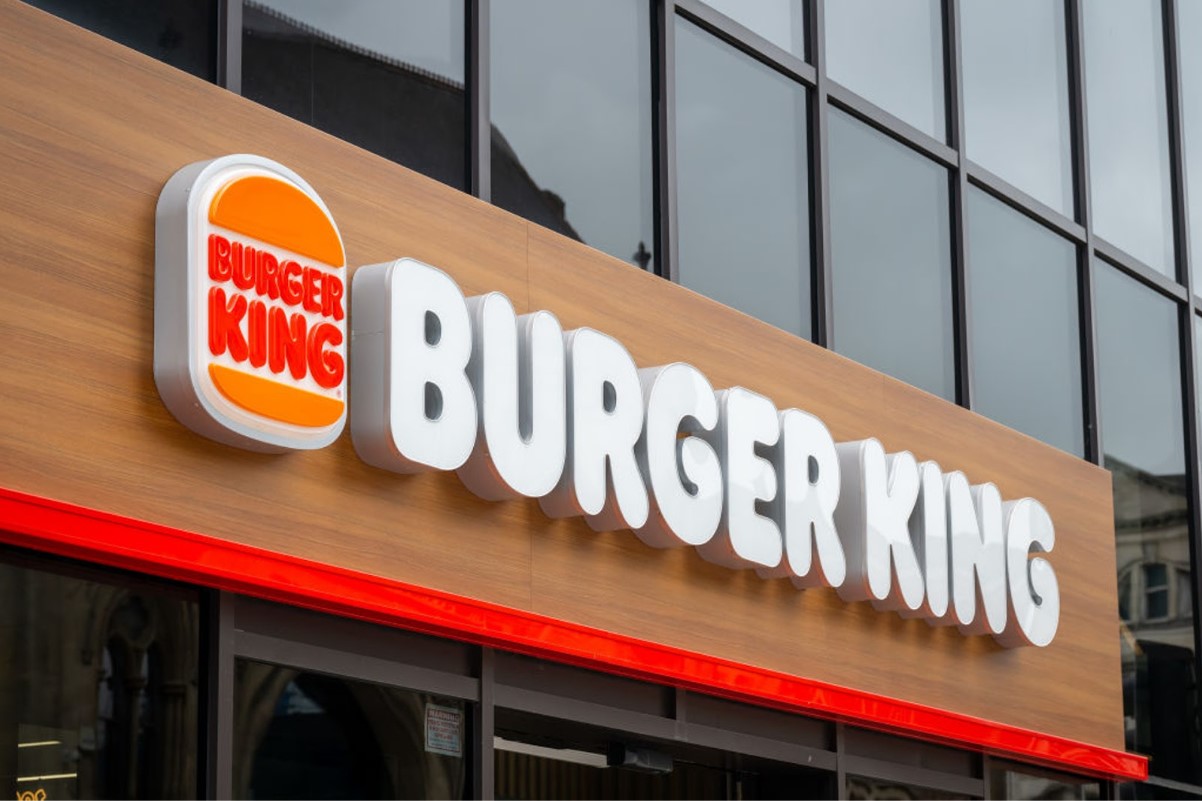
Source: Matthew Horwood/Getty Images
Stakeholders are anxioiusly awaiting the next meeting of the Fast Food Council, hoping for a resolution that addresses the diverse concerns of this contentious issue.
